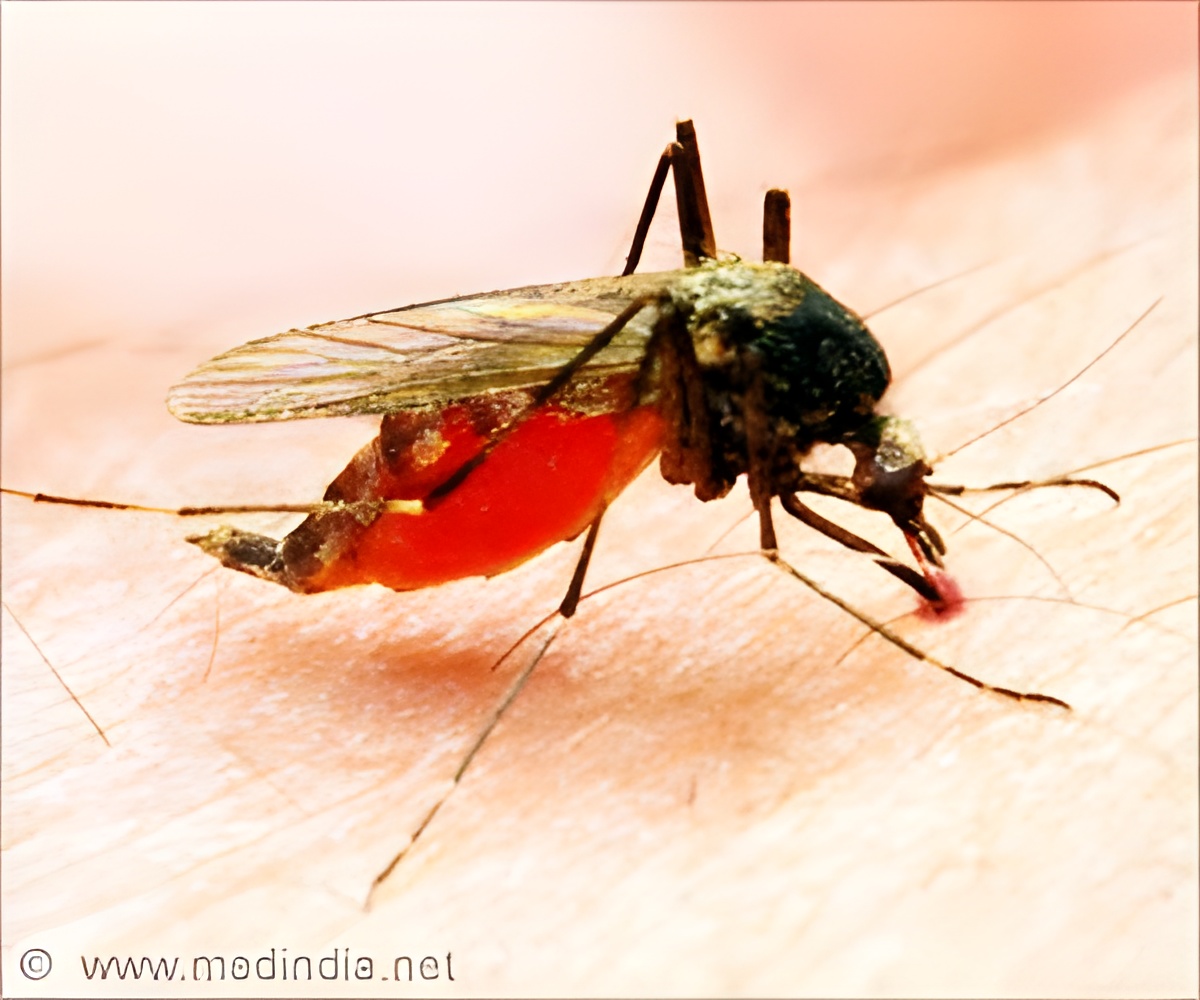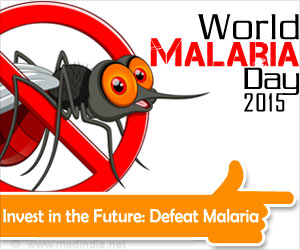Absence of clinic and hospital care would have increased malaria deaths and untreated cases in Guinea, Sierra Leone, and Liberia.

Lead author Dr Patrick Walker explained that the ongoing Ebola epidemic in parts of west Africa largely overwhelmed already fragile healthcare systems in 2014 making adequate care for malaria impossible and threatening to jeopardise progress made in malaria control and elimination over the past decade.
The worst case scenario, assuming that the Ebola epidemic led to a complete end to malaria care, shows that the number of untreated malaria cases could have increased by 45% (1.6 million) in Guinea, 88% (1.3 million) in Sierra Leone, and 140% (0.52 million) in Liberia in 2014. Around half of these cases are expected to occur in children under the age of 5. What is more, lapses in ITN delivery could have led to another 0.84 million malaria cases in 2014.
The new estimates also suggest that an absence of clinic and hospital care would have increased malaria deaths by 35% (5600 deaths) in Guinea, 50% (3900) in Sierra Leone, and 62% (1500) in Liberia in 2014. Moreover, the authors estimate that in 2015, pre-Ebola levels of healthcare provision would be responsible for preventing 15600 malaria deaths highlighting the urgent need to support health system recovery.
Their projections suggest that emergency MDA campaigns can be a highly effective method to reduce further malaria mortality and the burden of non-Ebola fever cases upon still fragile health systems in 2015.
Advertisement















